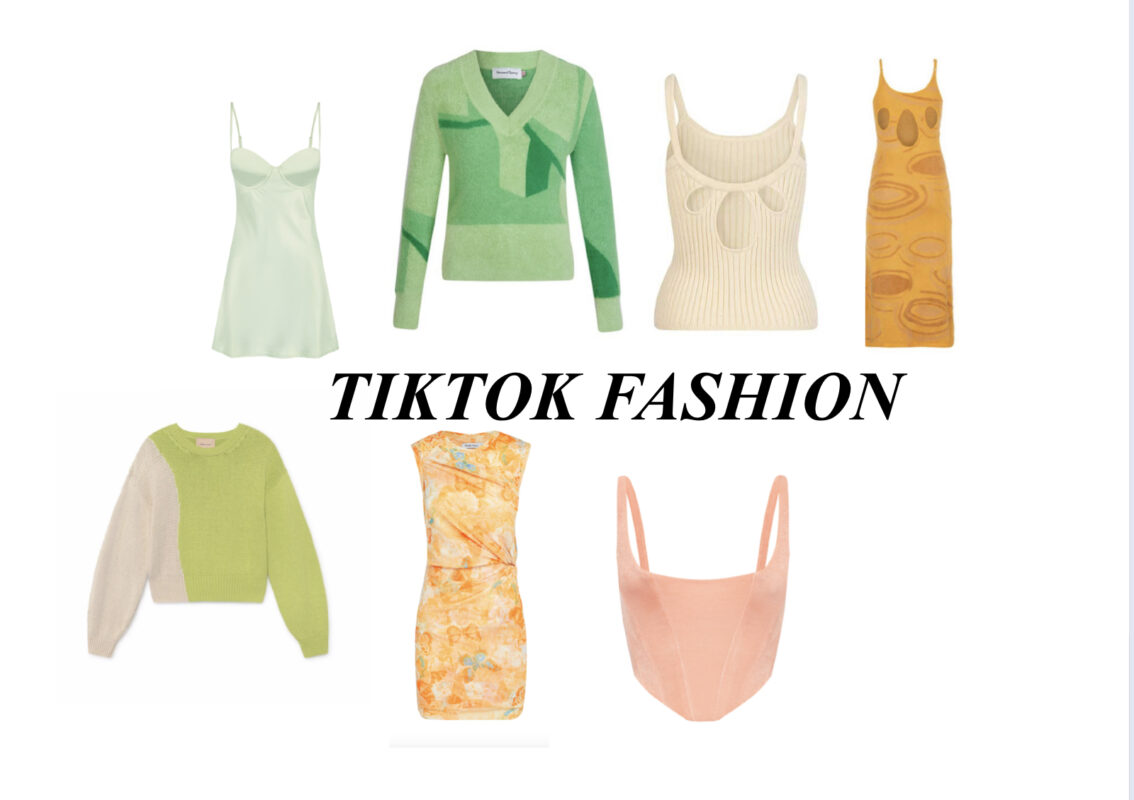Wearing Lululemon from head to toe, Jasmine Blocker invites guests to join her for a 15-minute HIIT workout on the company’s IGTV on Instagram, where she leads thousands of viewers through exercises like burpees, squats, lunges, and pushups.
Like many companies finding new ways to engage with its consumers due to the COVID-19 pandemic, Lululemon is relying on its brand ambassadors, including Blocker, to interact with its guests on social media. As people around the world are stuck inside due to quarantine ordinances, the athletic apparel company is providing free fitness and wellness classes led by its ambassadors on Instagram.
Lululemon is keen on being an experiential brand, and its use of social media during these times has shown to be successful as ambassadors have thousands of guests participating in its classes. Blocker’s workout, for example, has 395,370 views and climbing on Lululemon’s IGTV.
Ambassadors like Blocker are small business owners, and executives said that COVID-19 has forced them to close their doors. Lululemon responded by creating a $2 million global Ambassador Relief Fund as the ambassadors are crucial in promoting engagement in local communities and social media.
“This fund will assist our ambassadors who own studios in their local communities to sustain the businesses during these currently extraordinary times,” CEO Calvin McDonald explained.
The COVID-19 pandemic has taken a toll on the economy, with companies scrambling to stay afloat and unemployment rates spiking. However, Lululemon’s unique relationship with its customers and financial strength has put the company at an advantage as the world battles to survive these uncertain times.
The company released its fourth-quarter and fiscal year earnings on March 26. Lululemon’s net revenue increased 21% compared to fiscal 2018, with nearly $4 billion in revenue for fiscal 2019. Lululemon ended the year with $1.1 billion in cash on hand with no long-term debt.
In the fourth-quarter earnings call, McDonald discussed how the company will navigate the pandemic.
“The current situation is clearly dynamic,” said McDonald. “Broadly speaking and similar to many of our peers, we are seeing a virus-related impact on performance across our markets.”
Lululemon temporarily closed its stores in North America and Europe on March 19, and its stores in New Zealand are currently closed while its locations in Australia are operating with reduced hours. All of its stores in China and Asia are operating normally except for its locations in Wuhan and Malaysia.
https://www.instagram.com/p/B9xEYEvJlH9/?utm_source=ig_web_copy_link
McDonald highlighted factors in the earnings call that the company will manage throughout the pandemic. In addition to the cushion of Lululemon’s strong balance sheet, McDonald explained that the company’s investments in its technology and vendor partnerships will allow it to maximize its inventory.
Although the majority of its stores are currently closed, Lululemon’s multichannel business provides an alternative for customers who typically shop in-store. With the flexibility for customers to shop on its website or mobile app, McDonald said that Lululemon’s online business has “accelerated in terms of growth, but obviously, it cannot pick up the entire demand.” Luckily, for Lululemon, the company’s product assortment is non-seasonal as its core styles, such as its leggings and sports bras, are relevant-year round.
Due to the uncertainty surrounding COVID-19, Lululemon executives created a response plan with two phases: support and recovery. McDonald stated that “we will do our best to open our stores as soon as possible when the recovery begins, and we will approach this market by market-based upon the latest information.”
The company is currently acting on its support phase, according to executives, which entails continuing e-commerce operations, increased engagement with customers, supporting ambassadors, and paying employees.
Lululemon has branded itself as more than an athletic apparel company. Before the pandemic, its experiential stores, fitness classes, and sponsored events allowed the company to engage with its customers.
Although it can no longer engage with customers in-person, the company has turned to social media and its website to engage with them virtually. Lululemon offers a variety of free home workouts on its website, such as yoga, meditation, pilates, and dance.
Additionally, Lululemon’s success with its ambassador’s virtual “sweat sessions” on Instagram provides another avenue for guests to interact with the brand and its community. In the first week of store closures, Lululemon had nearly 170,000 guests join its live classes, according to McDonald.
When the time comes for the recovery phase, McDonald stated that “we know the current situation will pass, and we remain focused on being ready to serve our guests and support our communities when the time is right. Our balance sheet allows us to look ahead and continue to plan for growth as we manage the business for day-to-day.”
Analysts are also optimistic about the company’s health throughout the pandemic. On March 20, Citi analyst Paul Lejuez upgraded Lululemon from “neutral” to “buy” while maintaining its target price of $190.
According to a news article published on NASDAQ.com, Lejuez said that Lululemon is a “‘stand out’ among battered retail stocks, with a ‘rock solid’ balance sheet and a compelling long-term growth story that remains intact.” Lejuez noted that “he sees a strong rebound for the company once stores begin to reopen as the COVID-19 outbreak fades.”
Similarly, Nike’s stock was upgraded by Bank of America from “neutral” to “buy” on March 20. Although Nike is one of Lululemon’s key competitors, the upgraded stock for both companies was a positive sign for the apparel industry.
According to a news article published on Market Realist, a financial media outlet, Bank of America believes that its footwear styles and sportswear apparel “will have favorable results due to the demand for athletic merchandise.”
Like many companies that have taken a hit from COVID-19, Nike and Lululemon’s stock dropped 33.4% and 28.8% from last year, according to Market Realist. However, executives said Lululemon’s financial strength, guest engagement, and differentiation among its competitors will allow it to remain viable in these uncertain times.
“Although we do not know exactly when the current situation will pass, what we do know is that our stores will reopen,” McDonald said. “We are planning for multiple scenarios, but in any one of these, we know that our brand is strong and has unique pillars of strength that will keep driving our momentum forward.”







